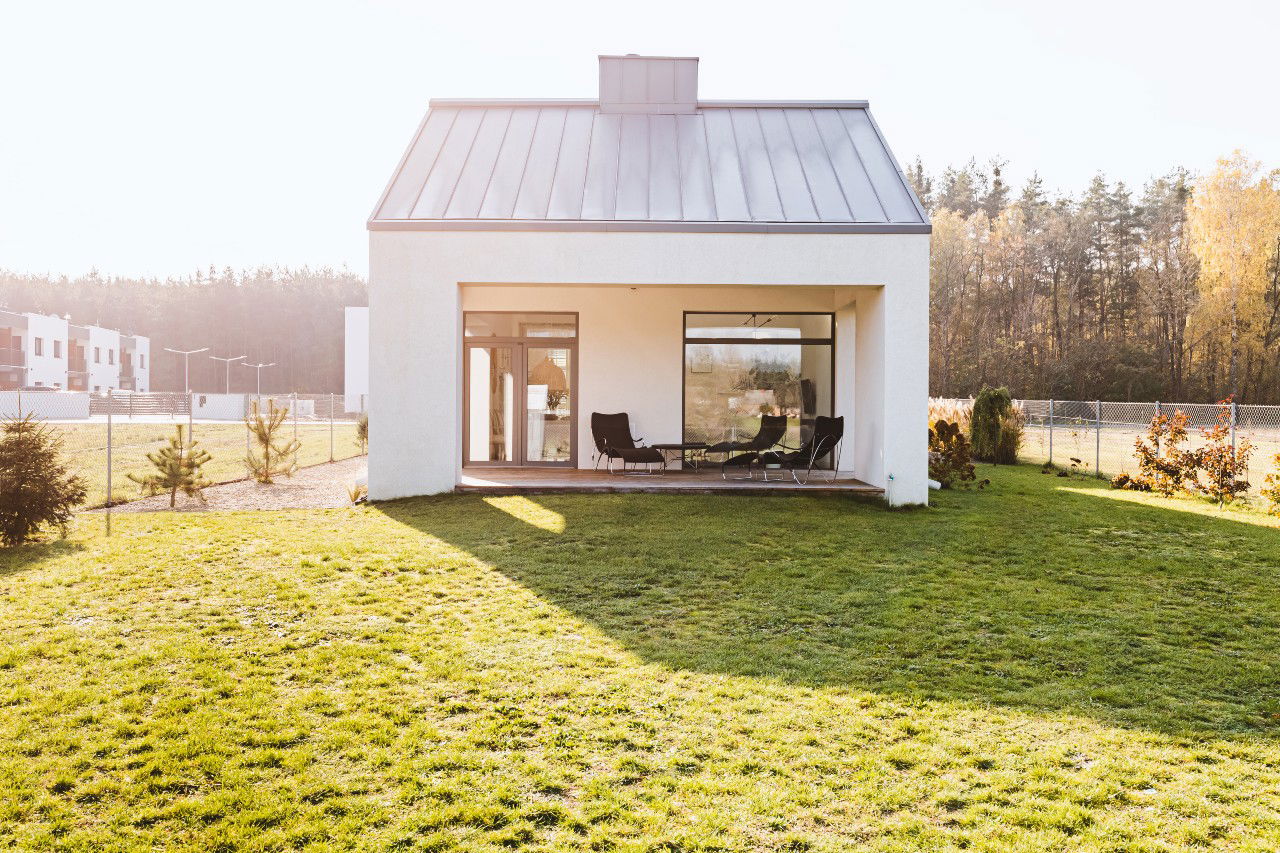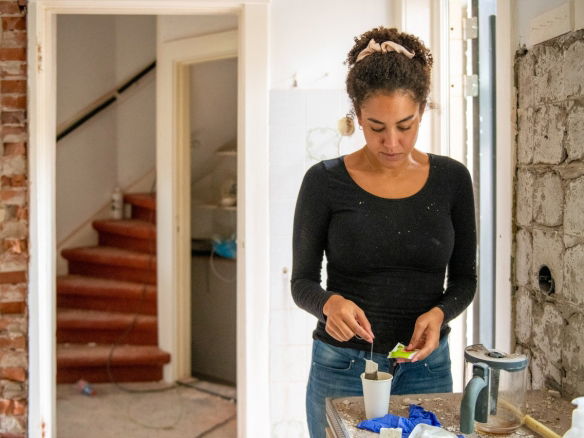In the pursuit of home ownership, many buyers are set on finding their “perfect home” — a place that ticks every box, from layout to location, aesthetic, and price. While envisioning the perfect home is natural, waiting indefinitely for that perfect opportunity could lead to disappointment, missed opportunities, and potential financial setbacks. This article explores why holding out for the perfect home isn’t always wise and highlights the benefits of embracing imperfection in your home search.
The Illusion of the “Perfect” Home
The concept of the perfect home, often glamorized by social media and television, is more myth than reality. The term “forever home” gained traction as a marketing tool, suggesting an idyllic, lifelong sanctuary where dreams come true. However, this vision can be misleading. In reality, most homes require some level of compromise, whether it’s on finishes, layout, or location. Experts point out that focusing on finding a “forever home” can become counterproductive, limiting potential options and hindering progress toward home ownership.
Real estate is not about finding a static, picture-perfect property but rather about creating a space that grows with you. Homeownership is a journey, not a destination. Your needs and tastes may evolve, and so will your home.
Rising Costs and Limited Inventory
One significant drawback of waiting for a perfect home is the constant fluctuation in real estate prices and inventory. Housing markets are rarely static; they shift with economic trends, interest rates, and demand changes. In many countries, property prices have seen steady increases over recent years due to limited inventory, creating fierce competition and driving prices up.
When you wait too long, you risk being priced out of the market. Even if you eventually find the “perfect” home, the cost may have escalated beyond your budget. Additionally, high interest rates can complicate affordability, further impacting your buying power over time. In a fluctuating market, acting sooner rather than later can often be a sound financial decision.
The “Forever Home” Trap and Rising Expectations
The allure of the “forever home” idea often brings unrealistic expectations. The constant comparison with idealized homes online can cloud your judgment, leading you to overlook great properties. Realtor Liz Brown notes that clients often enter the home-buying process with high expectations, only to find limited options within their budget. With today’s housing scarcity, buyers may have just one or two homes to choose from in their preferred areas, meaning waiting for the perfect home can severely limit their options.
The emotional toll of relentless searching should not be underestimated. Continuously analyzing listings, attending open houses, and facing multiple disappointments can lead to buyer fatigue, frustration, and decision paralysis. Ultimately, the desire for a perfect home may leave you with nothing but missed chances.
The Cost of Renting vs. Investing
While waiting for the ideal property, many potential homeowners continue renting, which can be a significant financial drawback. Rent payments, unlike mortgage payments, do not build equity or provide any return on investment. By purchasing a home sooner, even if it’s not perfect, you can start building equity and investing in your future. The sooner you enter the real estate market, the faster you can benefit from property appreciation.
Buying a home isn’t just about securing a physical space but also about financial growth and stability. For most, home ownership is a path to wealth building. By continuing to rent while waiting for the perfect property, you might miss out on the financial advantages of owning a home.
Finding Value in Imperfection
Embracing imperfection can lead to better decisions and a more fulfilling home ownership journey. Sometimes, a home that isn’t perfect on the surface can be transformed over time to meet your unique needs. Rather than fixating on aesthetics or minor issues, consider the property’s potential for improvement. Many buyers overlook properties with outdated décor or minor repairs, yet these issues are often easy to address with time, budget, and creativity.
Real estate agents can be invaluable in helping you see a property’s potential beyond initial impressions. They can guide you on prioritizing must-haves, visualizing necessary updates, and even connecting you with local professionals for renovations. With their support, you can expand your options and find a home that, with a bit of work, becomes a great investment and a welcoming space.
How to Balance Desires and Practicality
When searching for a home, creating a list of priorities can help clarify your essential needs versus nice-to-have features. Are you set on location, square footage, or the number of bedrooms? List your non-negotiables and remain flexible about the rest. Here are some tips to strike a balance:
- Redefine “Perfect”: Focus on finding a home that checks the essential boxes instead of every single one. Look for good “bones” — a solid structure, a good layout, and a location you enjoy.
- Evaluate Potential: Don’t be swayed by cosmetic flaws or outdated finishes. A home with a less-than-ideal kitchen or bathroom may have a lower price and, with some investment, can be customized to suit your taste.
- Work with an Agent: An experienced agent can help expand your perspective, showing properties that meet your must-haves while opening your mind to options outside your initial criteria.
- Be Ready to Move: In competitive markets, flexibility is essential. When a home meets your key criteria, act quickly, as good properties don’t stay on the market for long.
- Accept the Journey: View your home as a work in progress. Your home will change and adapt as your needs evolve, and that’s okay. This outlook can reduce pressure and allow you to enjoy the process.
A Flexible Approach Leads to Better Outcomes
When you shift from a “forever home” mindset to an “ideal for now” approach, you open up more opportunities and minimize financial strain. Real estate markets are ever-changing, and holding out for perfection may cause you to miss out on promising options or face higher prices in the future. Remember, no home is perfect, and striving for perfection in a market competitive can be more limiting than empowering.
The best time to buy a home is when you’re financially ready, and the market offers an opportunity within your budget. Instead of endlessly searching for your dream home, focus on finding one that can grow with you. With the right mindset, your “good enough” home may eventually become the perfect home for your needs and aspirations.
Check our real estate inventory for a great potential home.





